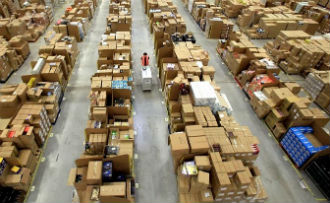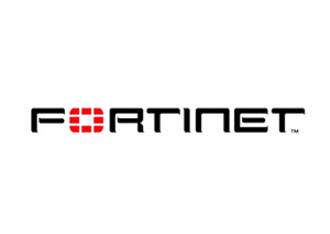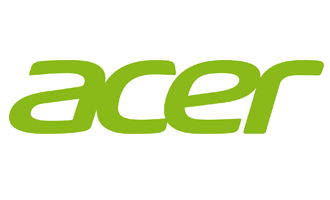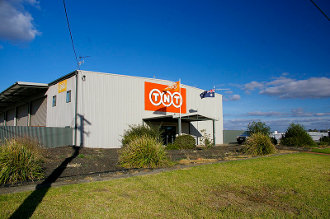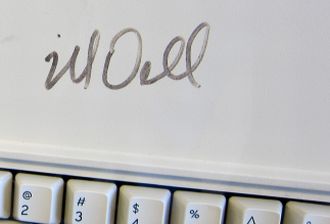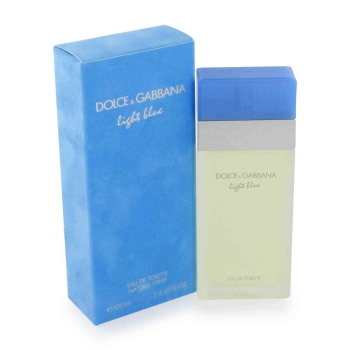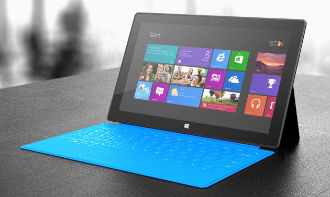 Atlassian has said that bookings from its channel partner network grew by 59 percent in 2012.
Atlassian has said that bookings from its channel partner network grew by 59 percent in 2012.
The enterprise software company says it has around 284 Expert Partner businesses covering 150 countries worldwide on its book.
iGUAZU has a network of more than 600 trusted business partners in Japan, is Atlassian’s newest partner.
“While enterprise software is increasingly being bought and not sold, we know that many large-scale deployments require professional services and or customization for a successful rollout or expansion of our software,” said Jose Morales, Atlassian vice president.
He claimed that because the company’s software was a “platform” that partners could “leverage and extend” with their own plug-ins and customised integrations, its channel had seen great growth.
Atlassian’s expert partners are said to deploy and customise large-scale software implementations and extend the software platform through customised plug-ins and integrations with existing systems and appliances.
These custom solutions sit on top of Atlassian’s software platform and are sold through the Atlassian Marketplace, a business-to-business marketplace where customers can access 1500 available add-ons. Partners also provide the professional services necessary for large customer deployments.
In 2012, revenue for Atlassian North American channel partners grew by more than 57 percent. Platinum expert partner Appfire, with offices in Boston, San Francisco, Toronto and Hyderbad, experienced record growth in 2012, doubling its staff and watching its five-year average annual growth rate soar to 57 percent.
In the U.K., Adaptavist, an exclusive Atlassian consultancy with offices in central London, achieved close to 100 percent revenue growth in 2012 and as a consequence, doubled its headcount.


